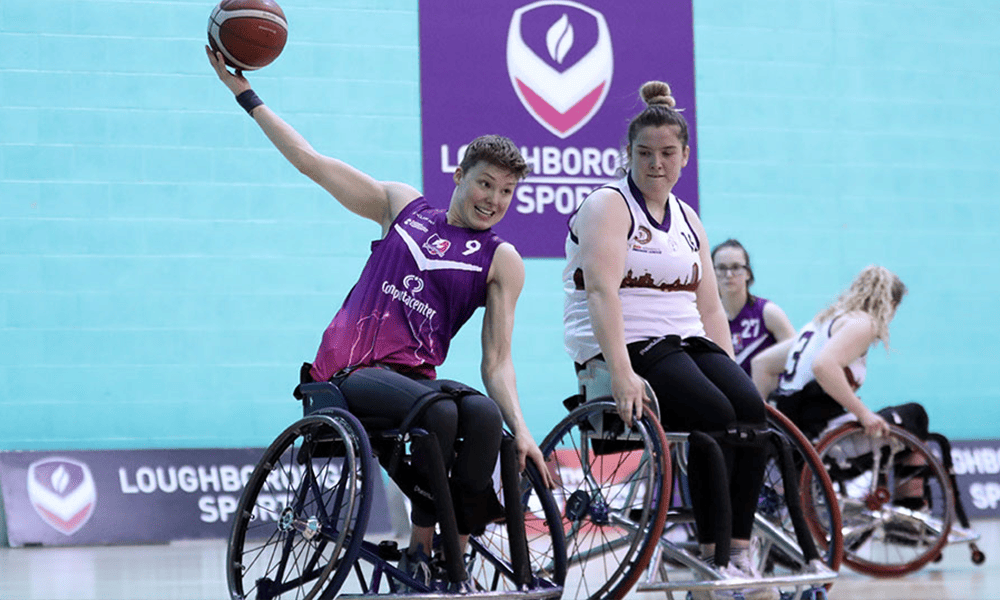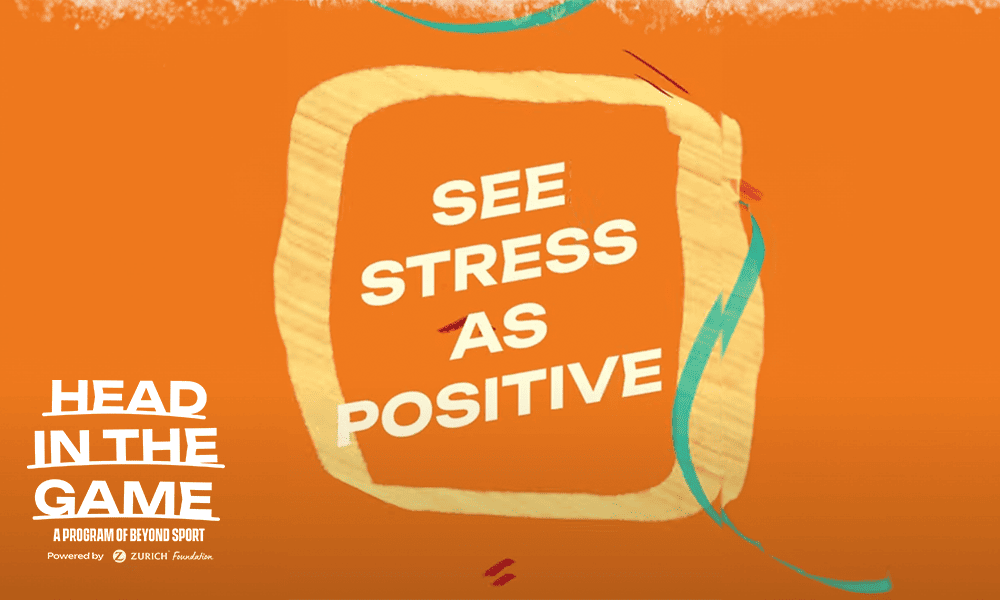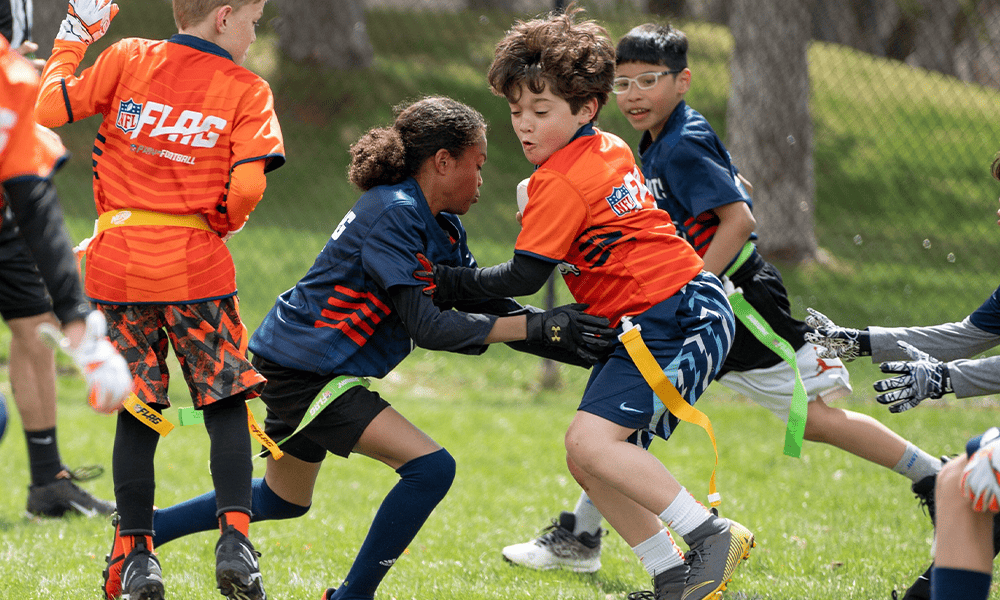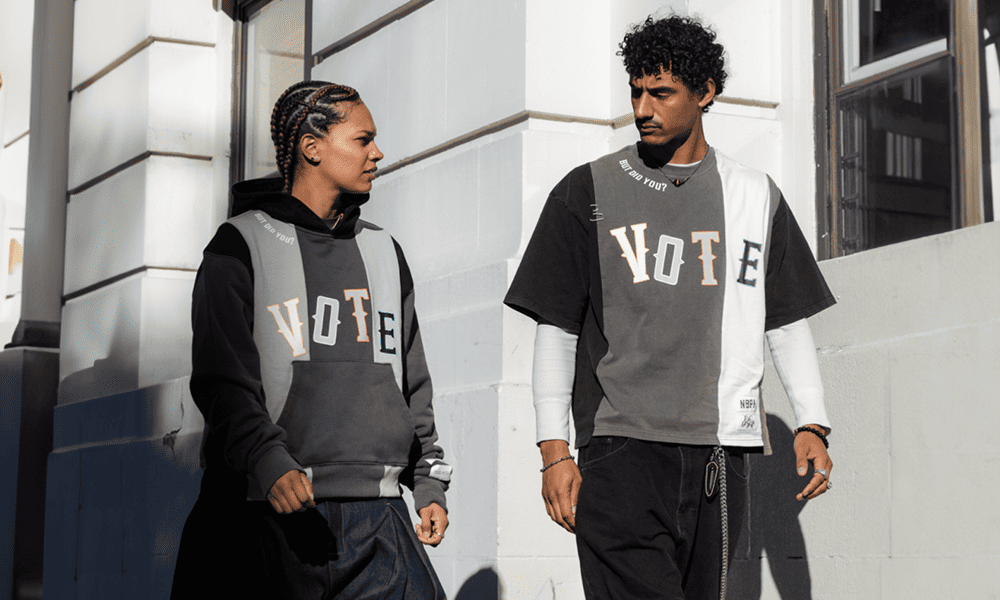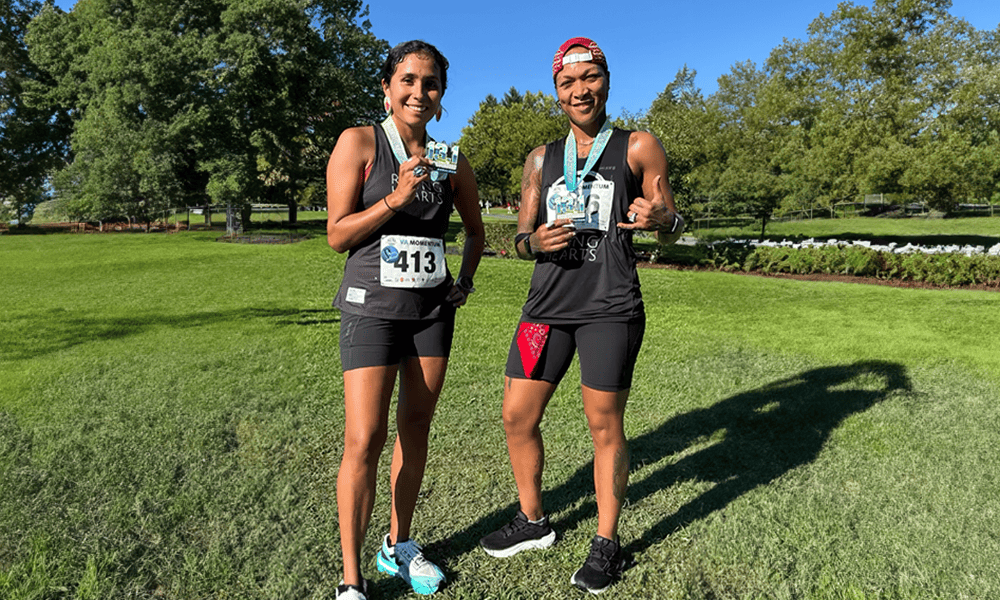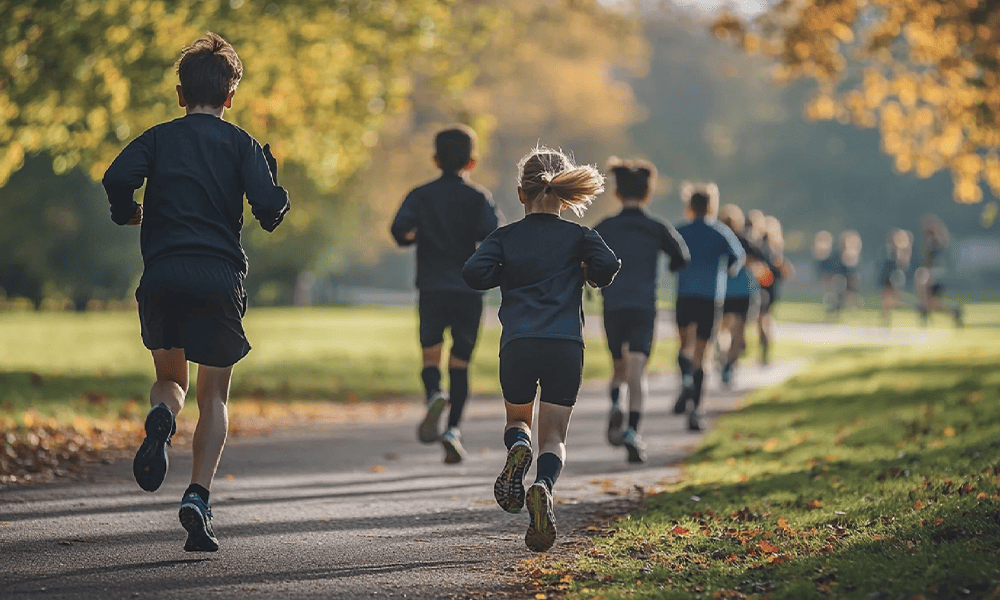December 3, 2021
FIFA and the World Health Organization (WHO) have teamed up to raise awareness about domestic violence and support those at risk during the 16 Days of Activism Against Gender-Based Violence, which kicked off on the International Day for the Elimination of Violence against Women on November 25 and will run through to Human Rights Day on December 10. The partnership is part of a four-year collaboration, which began in 2019 to promote healthy lifestyles through football globally.
16 Days of Activism against Gender-Based Violence is an annual international campaign started by activists at the inaugural Women’s Global Leadership Institute in 1991. According to data from WHO, one in three women aged 15 and above (approximately 736 million people) are subjected to physical and/or sexual violence by an intimate partner or sexual violence from a non-partner – a number that has remained largely unchanged over the past decade.
FIFA’s five-part #SafeHome video campaign, which supports the WHO’s message to end domestic violence, is raising awareness of risks and highlights actions to prevent and mitigate these risks through survivor advice and support. There is also content that addresses perpetrator risk and calls for additional governmental effort to support those who are in a vulnerable situation. It includes messages from 23 past and present footballers, many of whom have previously voiced their condemnation of violence against women and children.
“Violence is never the answer, especially at home, which should be a safe environment for everyone, and particularly for women and children,” said FIFA President Gianni Infantino. “It is FIFA’s statutory obligation to respect all internationally recognized human rights and as an organization, FIFA shall strive to promote the protection of these rights. The #SafeHome campaign is now in its second year, and FIFA will continue to make football’s voice heard to amplify this message until these acts are no longer part of our society.”
Violence – in all its forms – can have an impact on a person’s health and well-being throughout their life. It is associated with increased risk of injuries, depression, anxiety disorders, unplanned pregnancies, sexually transmitted infections including HIV and many other health problems, and comes with tremendous costs to households, communities, and societies as a whole. Data suggests women’s exposure to violence has likely increased during the COVID-19 pandemic due to lockdowns and disruptions to vital support services.
“The COVID-19 pandemic has exacerbated many health challenges and inequities, including violence against women,” said WHO Director-General Dr. Tedros Adhanom Ghebreyesus. “We all must come together to end all forms of violence and discrimination. WHO is pleased to team up with FIFA and football stars around the world to help prevent violence against women, and children, support survivors, and make our societies safer and healthier for all.”
Participating players are publishing #SafeHome contributions on their channels, and the campaign also features on various FIFA and WHO digital platforms. Toolkits have been provided to the 211 FIFA member associations to further amplify messages in their territories.
Source: FIFA

